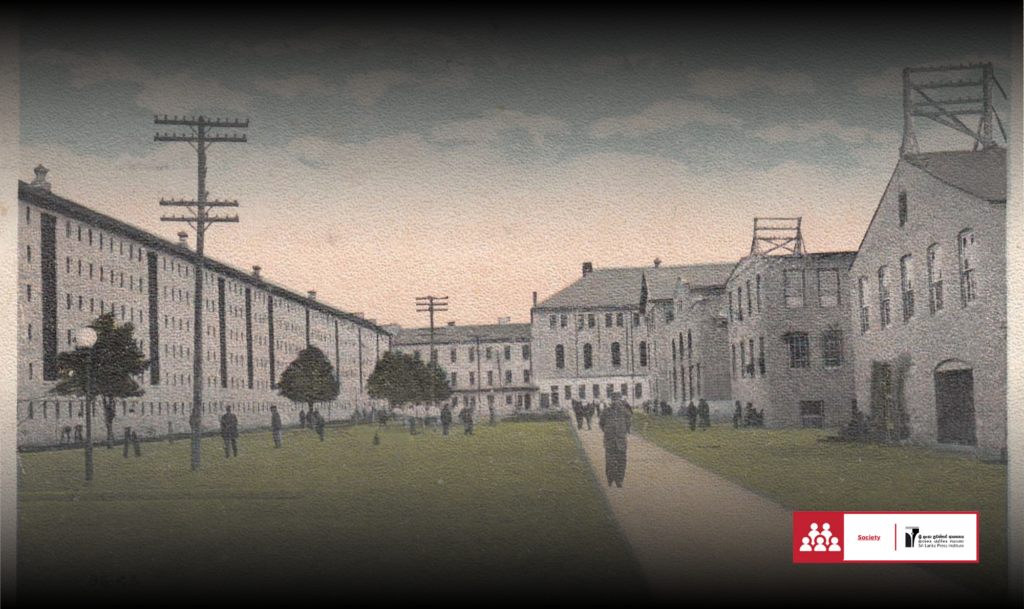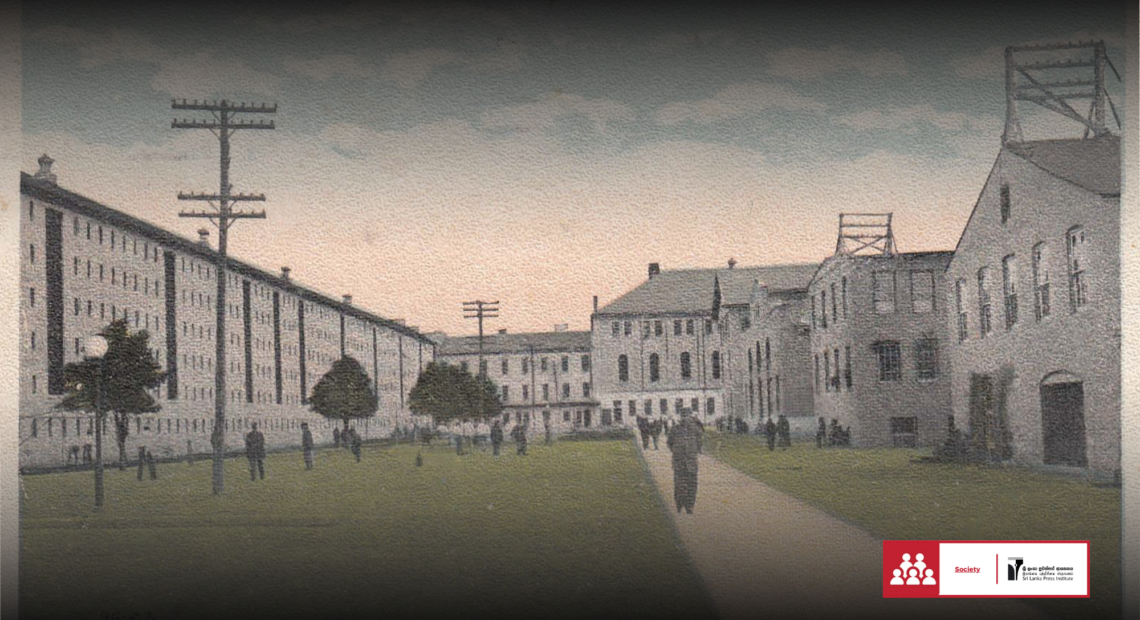Deepa Kumudu
Prisoners are detained in custody due to suspicion of engaging in unlawful activities or those convicted of crimes. However, after being imprisoned, it is essential to safeguard their mental well-being, health, and the rights they are entitled to as detainees within the legal framework. This includes minimizing the imbalances they face when reintegrating into society and addressing potential challenges that may arise during rehabilitation. Creating a secure and peaceful environment is crucial to ensuring a smoother transition for prisoners back into society.

The well-being of Prisoners and Measures Taken by the Government
- Provision of Healthcare Facilities
The government has implemented specific measures to address the mental and physical health of incarcerated individuals. According to the Department of Health Services (2022), it was reported that 82% of prisoners were provided with private health check-ups in the year 2022. - Education and Vocational Training
Providing vocational training to prisoners helps them embark on a new phase of life. As per the Ministry of Justice report (2021), 3,500 inmates successfully completed vocational training programs and were released in 2021. - Rehabilitation and Reintegration Programs
Psychological counseling and programs to strengthen relationships with families and communities have been implemented to support the reintegration of prisoners into society.
Challenges Faced by Prisoners During Reintegration into Society
When rejoining society, former prisoners often face social rejection and lack of acceptance. According to a 2021 social analysis, 65% of former prisoners reported instances of societal rejection. Addressing this situation is a collective responsibility of society.
Additionally, the economic disconnection faced by incarcerated individuals makes rebuilding their lives difficult. Government records indicate that 45% of prisoners were identified as the primary breadwinners of their families. The stress experienced during imprisonment has also been linked to severe mental setbacks.
To mitigate these challenges, the government has taken steps to enhance the mental well-being of prisoners by establishing mental health treatment centers and providing specialized counselors for incarcerated individuals. The stress experienced during prison life has been identified as a significant cause of severe mental setbacks. Additionally, programs aimed at providing vocational training to prisoners are in place to develop employment opportunities. Collaborations with social experts have been prioritized to focus more on the economic and psychological rehabilitation of inmates.
However, concerns have arisen regarding the proper rehabilitation of individuals who are released after being imprisoned for offenses related to drug use or possession. Many such individuals are reported to relapse into drug use even after being reintegrated into society, which has become a social menace.
Furthermore, these offenders often cause significant psychosocial challenges for their families. Issues such as economic instability within the family, social stigma, ostracization, and mental distress frequently arise, creating a complex set of problems that their families must endure.
Conclusion
The punishments imposed on prisoners serve as a means of making them aware of the importance of adhering to the law. However, addressing the challenges that arise in finding sustainable solutions for their rehabilitation is crucial. If the well-being of prisoners and the process of reintegrating them into society are carried out with mutual agreement and collaboration between society and the government, it will pave the way for a peaceful and progressive future society.
References
- Department of Health Services. (2022). Fundamentals of Prisoner Health.
- Ministry of Justice Report. (2021). Special Reports on Prisoners.
- Social Science Representative Report. (2021). Challenges in Reintegration of Prisoners.









